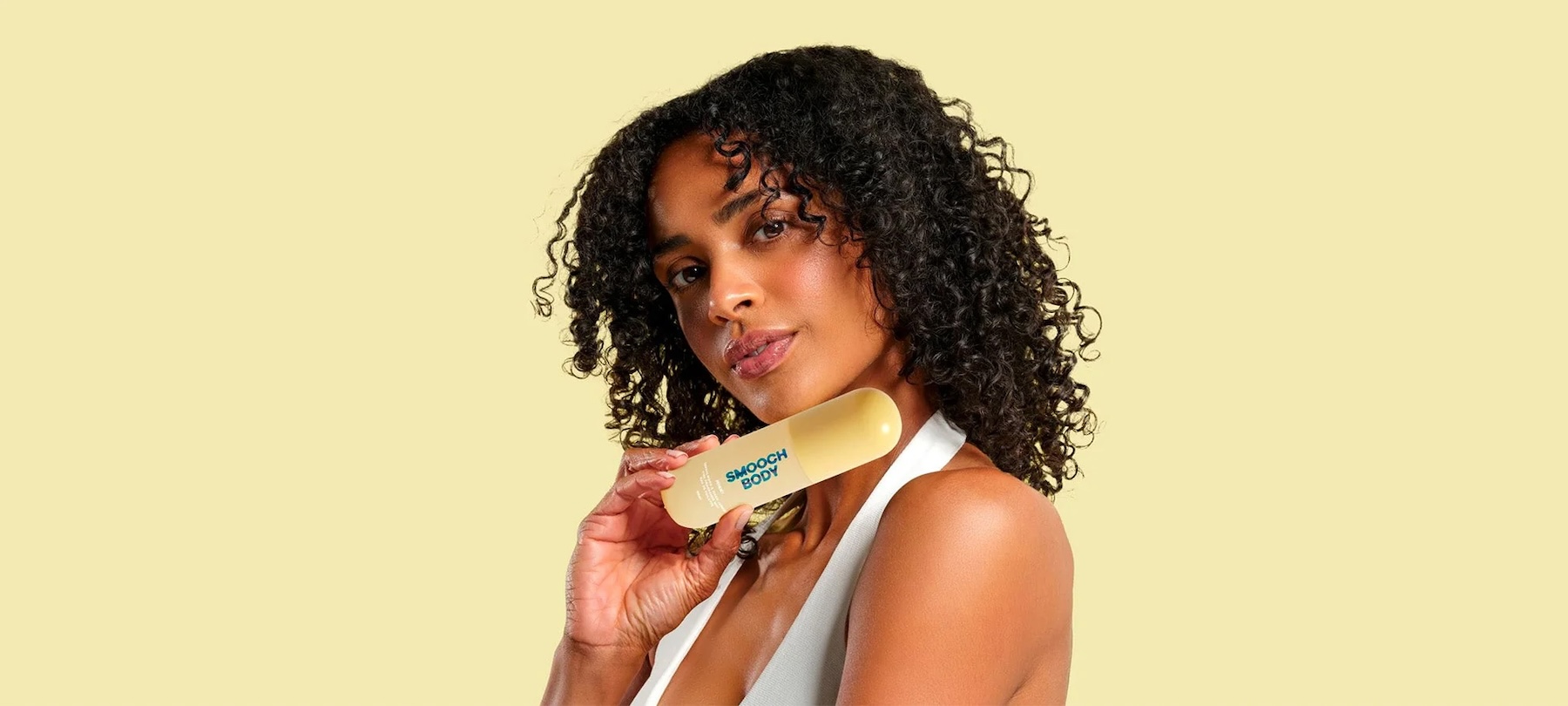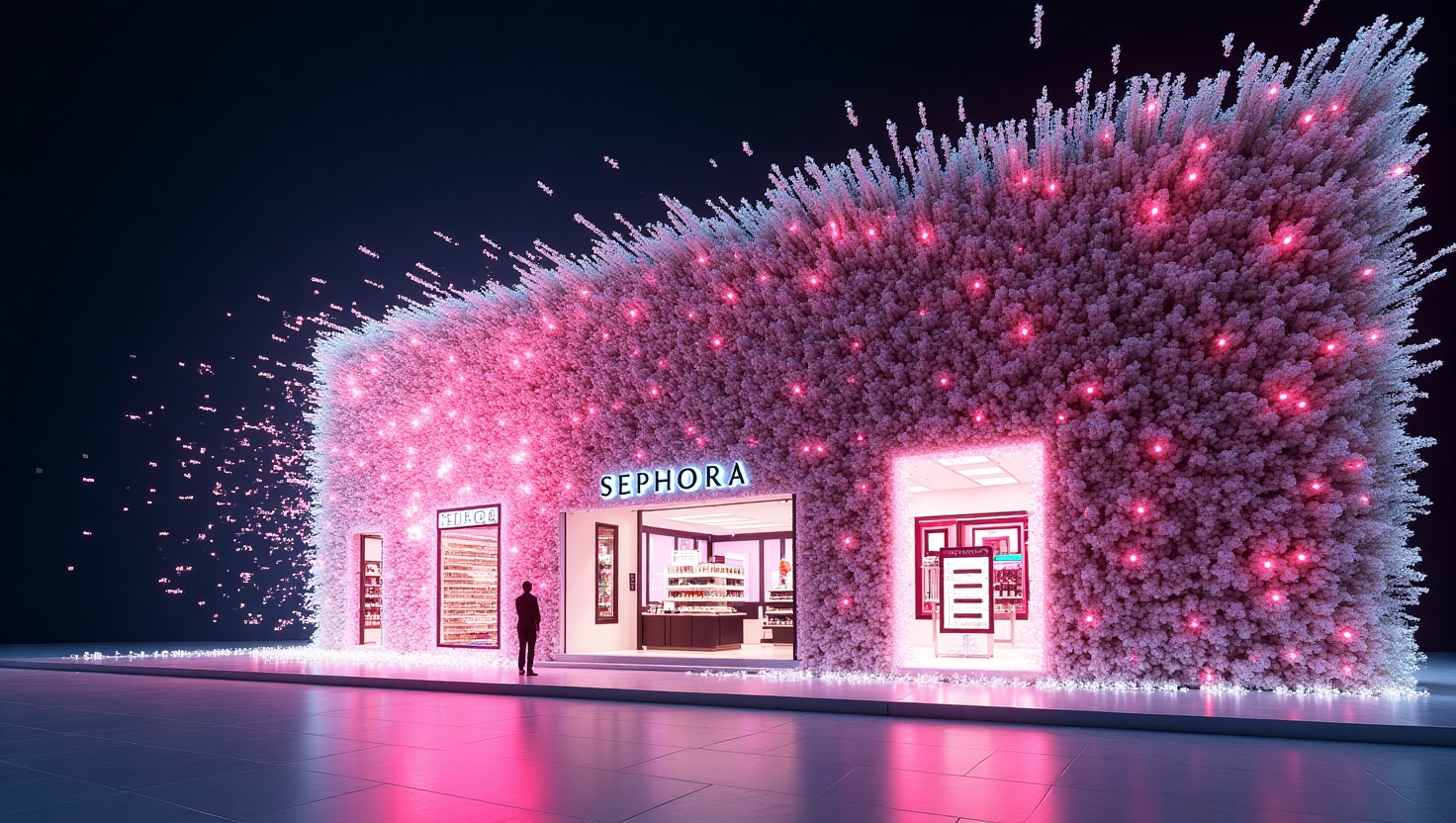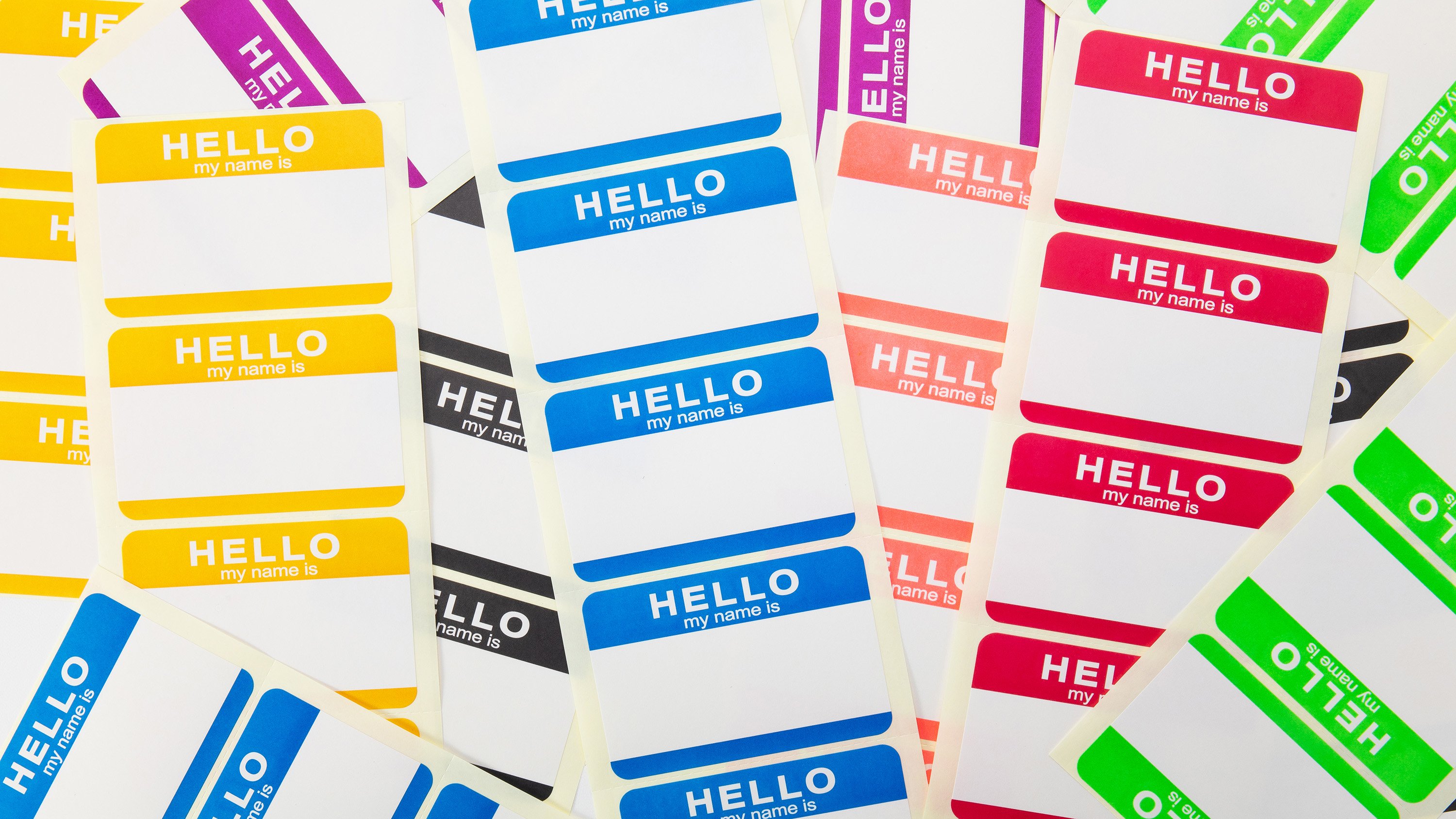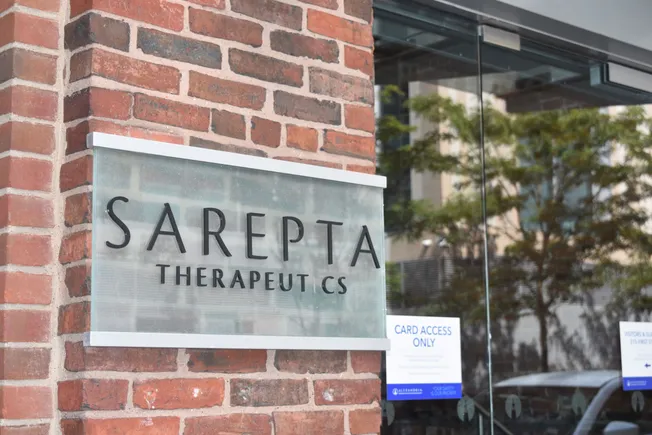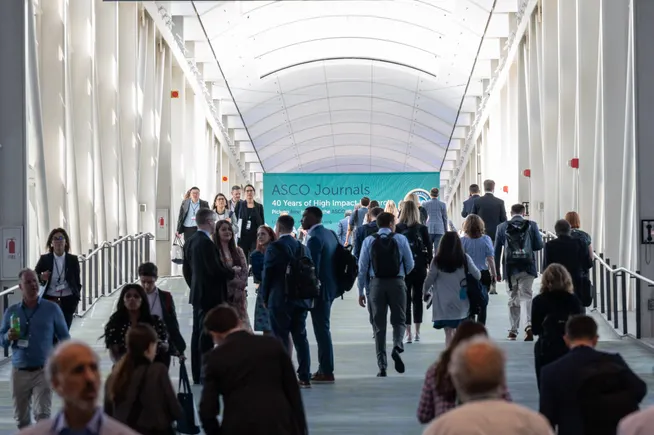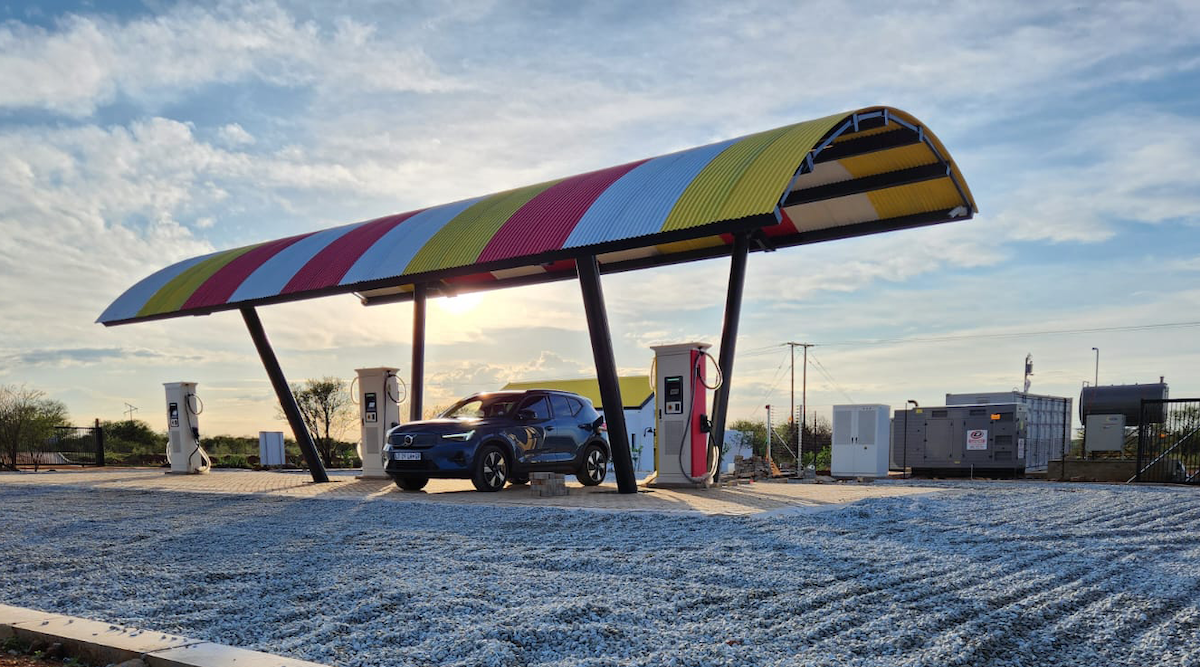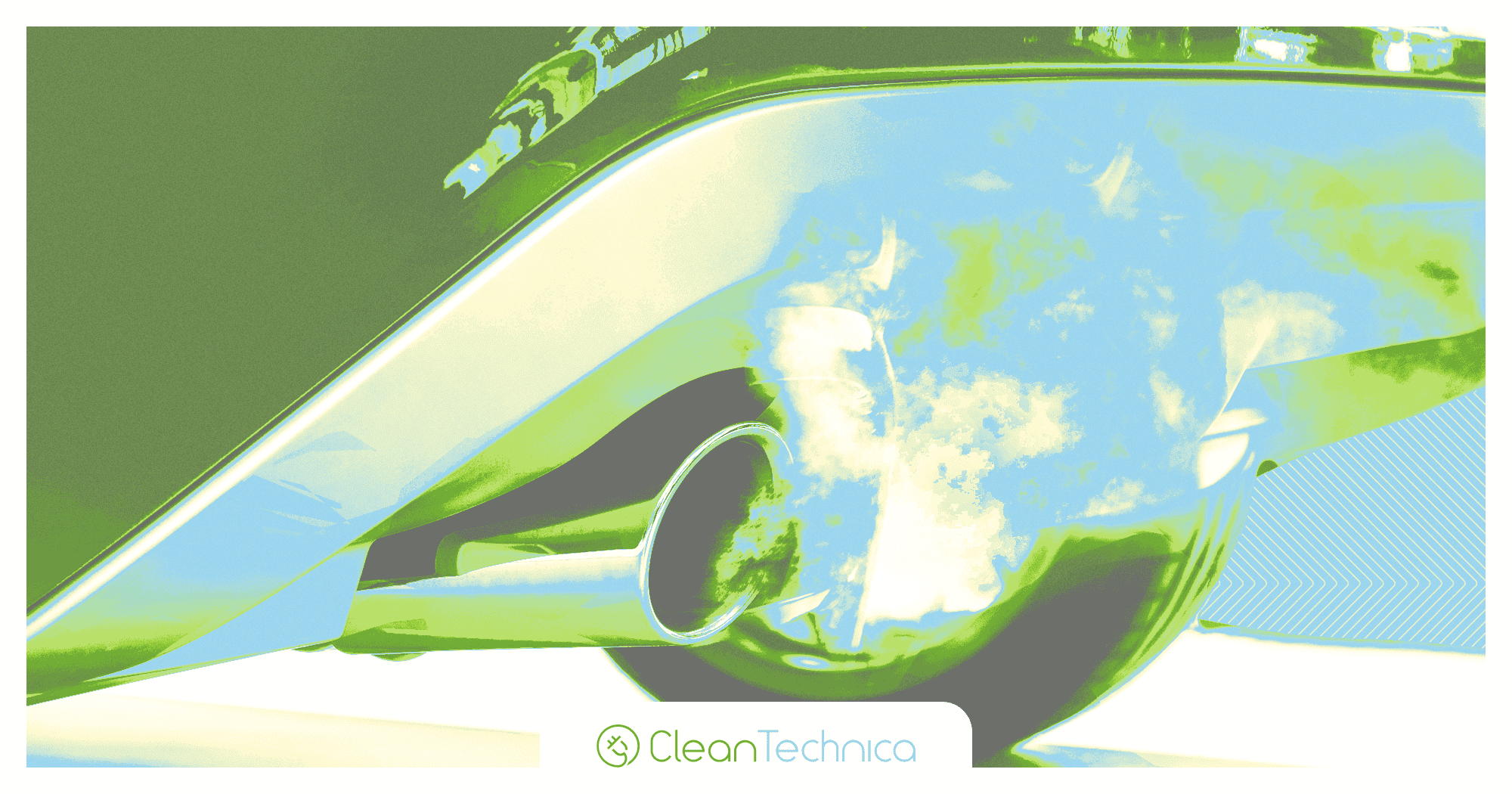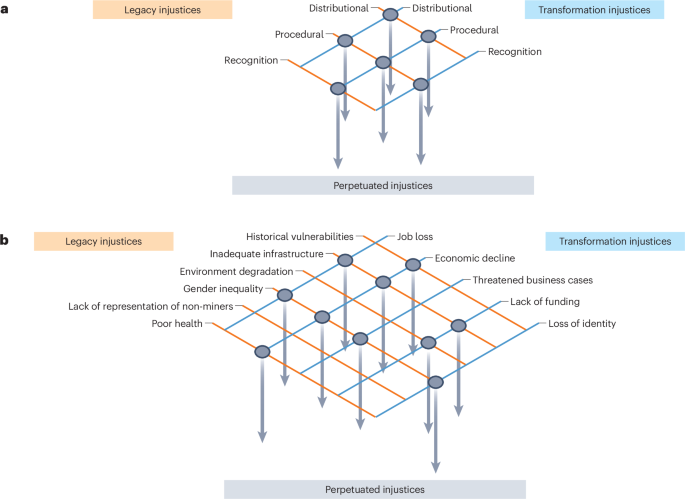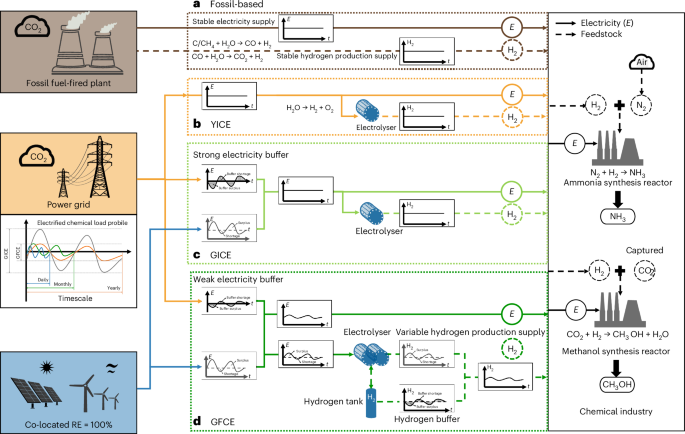Lysozyme Fiber‐Inspired Versatile Supramolecular Hydrogel Against Drug‐Resistant Pathogens and Biofilm Formation
Advanced Healthcare Materials, EarlyView.

Inspired by lysozyme fibers, a biomimetic hydrogel with quaternary ammonium-modified peptide fibers and D-Tyr is developed. It kills bacteria via membrane disruption and prevents biofilm formation via D-Tyr release, accelerating MRSA abscess healing and blocking implant-related infections.
Abstract
Multidrug-resistant (MDR) bacterial infections pose a significant threat to human health, particularly when introduced by surgical contamination, resulting in early-stage implant-related biofilm infections and potential implant failure. Inspired by the structure and function of lysozyme fibers, a biomimetic supramolecular hydrogel is developed that mimics the lysozyme fiber architecture and encapsulates D-tyrosine (D-Tyr), integrating bactericidal and anti-biofilm functions within a self-assembled positively charged nanofibrous network. The peptide backbone with quaternary ammonium salt-modified fibers disrupts bacterial cell membranes through direct contact, thereby damaging structural integrity, causing cytoplasmic leakage and killing bacteria; meanwhile, D-Tyr's effective sustained release inhibits initial bacterial contamination and prevents subsequent biofilm formation. In vivo, experiments demonstrated that the hydrogel significantly accelerated the healing of Methicillin-resistant Staphylococcus aureus (MRSA)-infected skin abscesses and prevented implant-related biofilm infections during the preliminary stages of implantation. By exploiting synergistic bactericidal and anti-biofilm effects, this lysozyme fiber-inspired hydrogel offers a promising strategy to combat MDR bacterial infections and prevent biofilm-related implant complications.










































